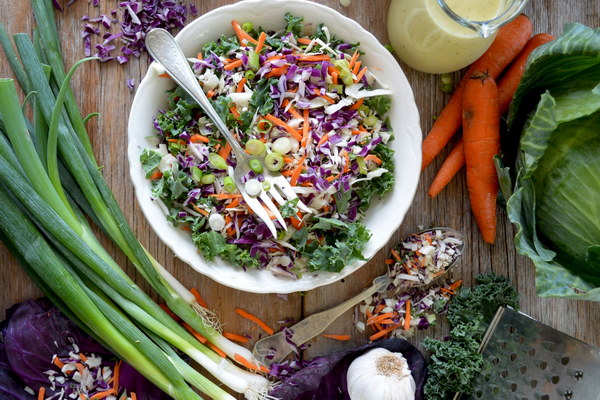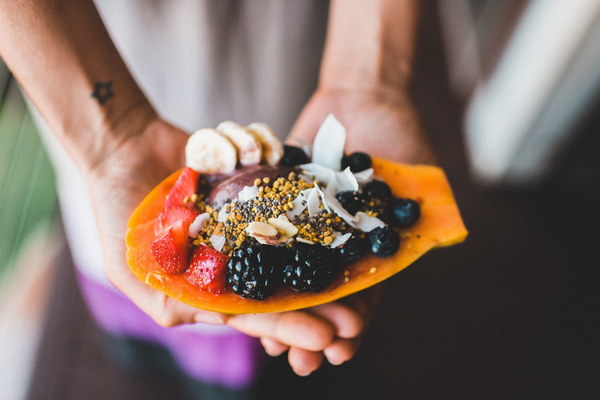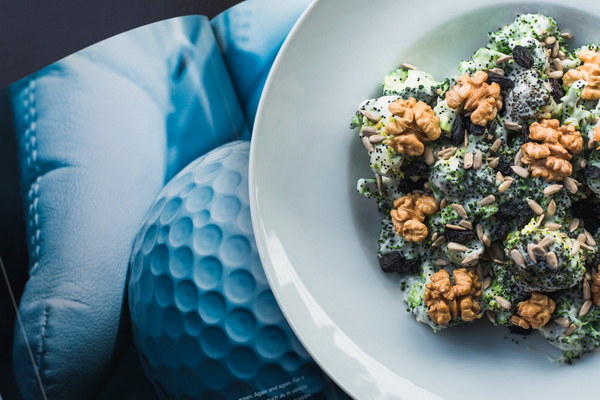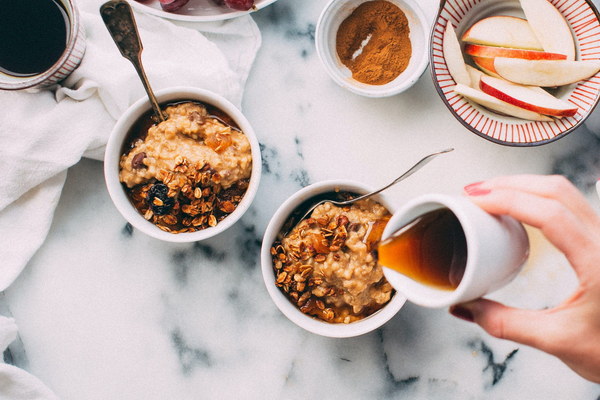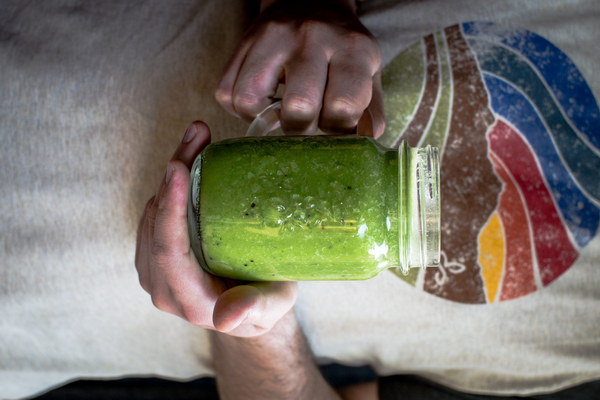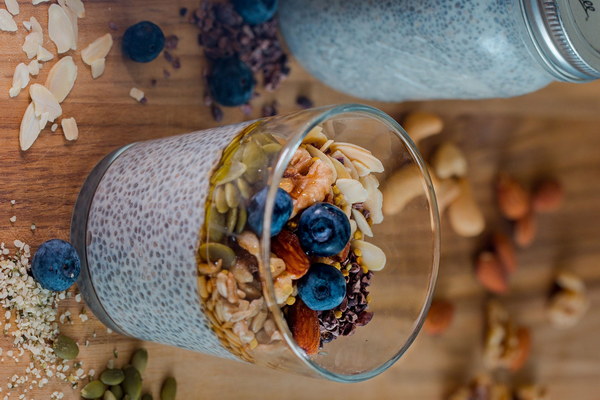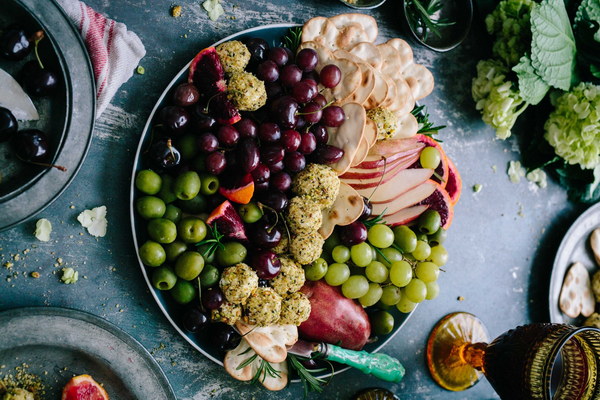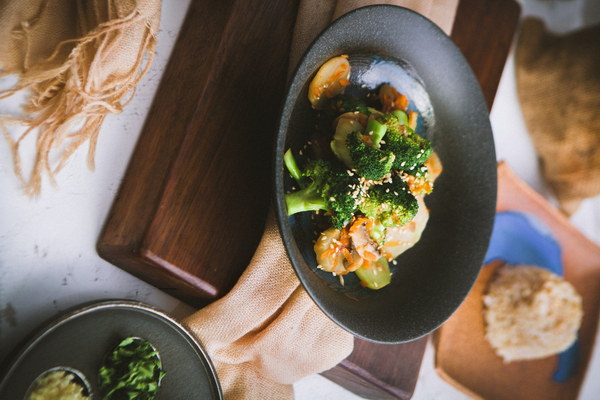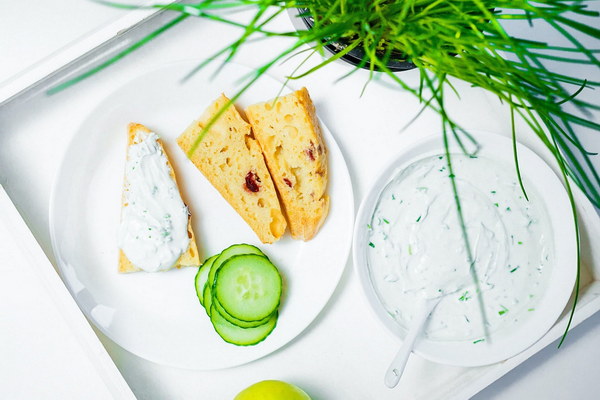Natural Remedies How Food Therapy Can Alleviate Digestive Constipation
Digestive constipation is a common problem that affects many people around the world. It can be caused by various factors such as a lack of fiber in the diet, dehydration, or even stress. While medication can help alleviate the symptoms, many people prefer to turn to natural remedies for a more holistic approach. Food therapy is one such method that has been proven effective in treating digestive constipation. In this article, we will explore how certain foods can help alleviate constipation and improve overall digestive health.
1. High-Fiber Foods
One of the most effective ways to combat constipation is by increasing the fiber content in your diet. Fiber adds bulk to the stool, making it easier to pass through the digestive system. Here are some high-fiber foods to incorporate into your diet:
- Berries: Strawberries, raspberries, and blueberries are all rich in fiber and antioxidants.
- Legumes: Lentils, chickpeas, and black beans are excellent sources of fiber.
- Whole grains: Oatmeal, brown rice, and whole wheat bread can help keep your digestive system regular.
- Vegetables: Broccoli, spinach, and carrots are all high in fiber and can help keep you regular.
2. Hydration
Staying hydrated is crucial for maintaining a healthy digestive system. Water helps to keep the stool soft and easy to pass. Aim to drink at least 8 glasses of water per day, and consider adding some of the following hydrating foods to your diet:
- Citrus fruits: Oranges, lemons, and limes are high in water content and can help keep you hydrated.
- Watermelon: This juicy fruit is 92% water and can help you stay hydrated while providing essential nutrients.
- Cucumber: Cucumbers are a great way to add hydration to your diet, with 96% water content.
3. Probiotics
Probiotics are beneficial bacteria that live in your gut and help maintain a healthy digestive system. Incorporating probiotic-rich foods into your diet can help alleviate constipation and improve overall gut health. Here are some probiotic foods to consider:
- Yogurt: Opt for plain, unsweetened yogurt with live cultures.
- Kefir: This fermented milk drink is packed with probiotics and can help keep your digestive system in balance.
- Sauerkraut: This fermented cabbage dish is rich in probiotics and can aid in digestion.
4. Prebiotics
Prebiotics are non-digestible fibers that serve as food for probiotics, helping them thrive in the gut. Including prebiotic foods in your diet can promote the growth of beneficial bacteria and improve digestive health. Some prebiotic foods include:
- Garlic: Garlic is a great source of prebiotics and can help keep your digestive system healthy.
- Onions: Similar to garlic, onions are rich in prebiotics and can aid in digestion.
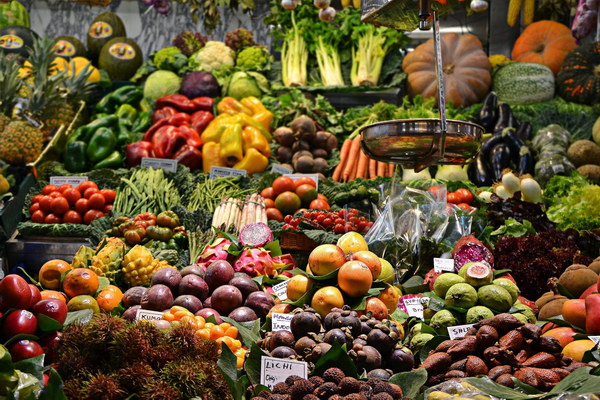
- Asparagus: This vegetable is a good source of prebiotics and can help keep your gut healthy.
5. Herbs and Spices
Certain herbs and spices can help stimulate the digestive system and alleviate constipation. Here are a few to consider:
- Fennel: Fennel seeds can help relax the muscles of the digestive tract and aid in digestion.
- Cinnamon: This spice can help stimulate the production of digestive enzymes and improve gut motility.
- Ginger: Ginger is known for its anti-inflammatory properties and can help soothe the digestive system.
In conclusion, food therapy can be an effective way to alleviate digestive constipation. By incorporating high-fiber foods, staying hydrated, consuming probiotics and prebiotics, and using herbs and spices, you can improve your digestive health and reduce the frequency of constipation. Remember, it's essential to consult with a healthcare professional before making significant changes to your diet or starting any new treatment.
